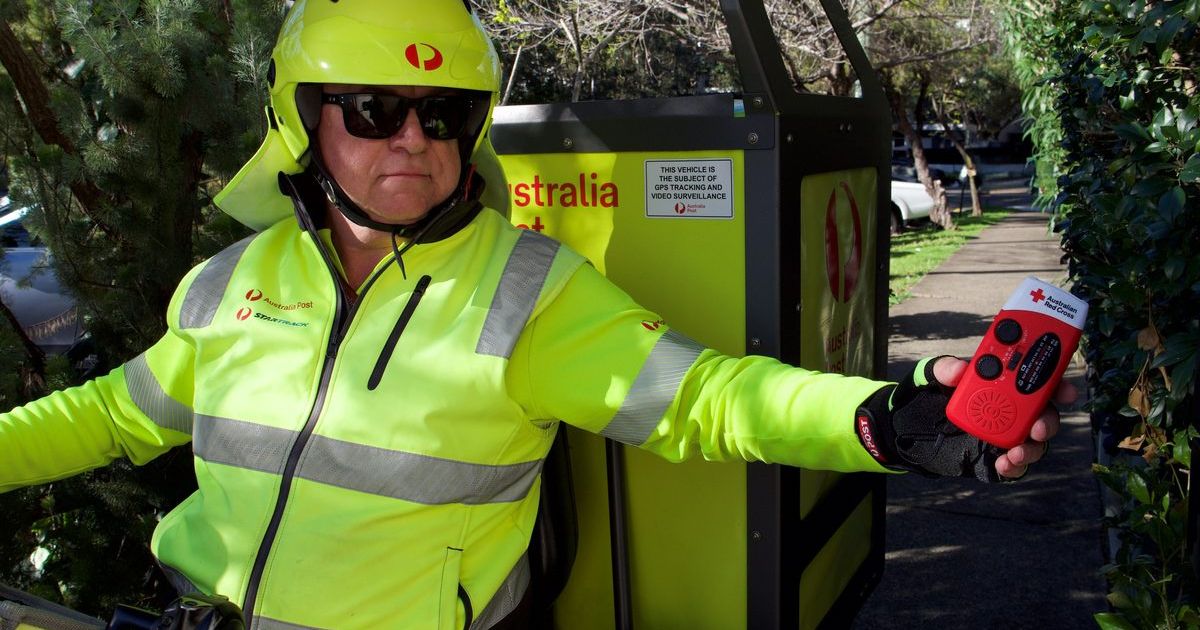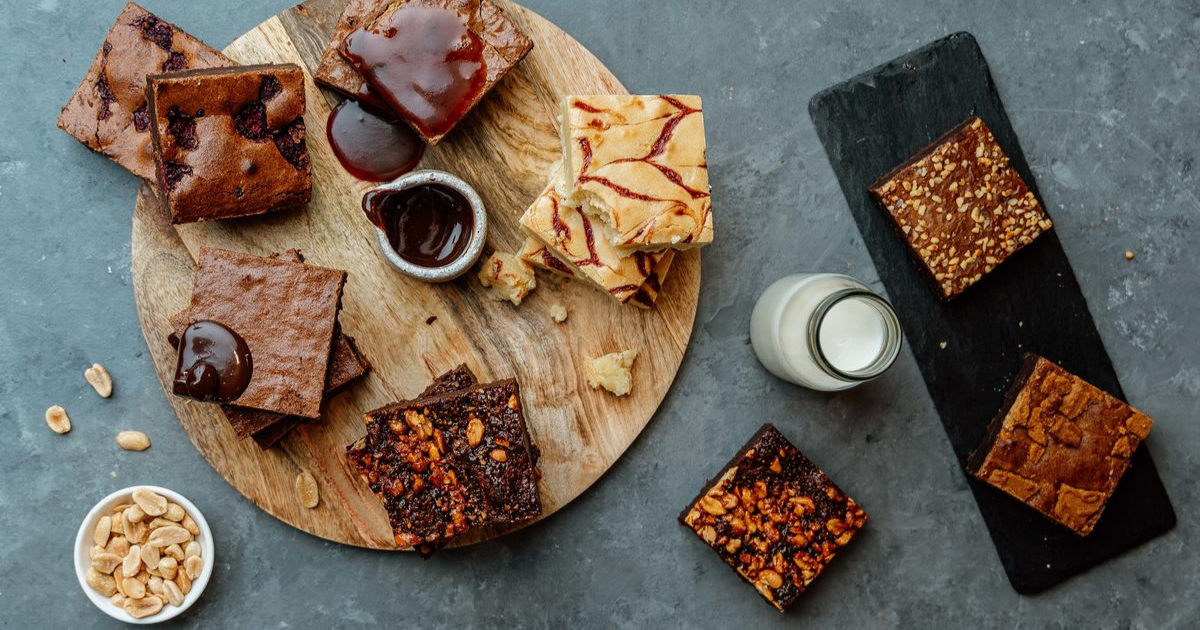Exhibition honours stand against gendered violence

Bendigo’s March4Justice played a major part in starting and continuing conversations around gendered violence. Photo: FILE
MARKING the start of the sixteen days of activism against gender-based violence, local support services have combined for an exhibition in the Bendigo Library.
The Consortium for Gender Equality and Violence Prevention, which includes Centre for Non-Violence, Annie North Women’s Refuge, and Centre Against Sexual Assault Central Victoria, have created the Time for Change exhibition, reflecting the experiences of victim survivors of family violence.
CNV executive manager of programs and services Yvette Jaczina said she hopes the exhibition encourages visitors to educate themselves on issues of violence, while reminding victim survivors that they’re not alone.
“For some of our community it might not be at the forefront of their thinking, for others it might be really solidly in the forefront,” she said.
“I would hope we might have some people for whom coming in here by chance is the moment that gives them an understanding of what’s available for them in terms of support and also read some of the messages and understand they’re not alone and it’s not their fault if they are experiencing family violence.”
The 16 Days of Activism shines a light on the issue of gender-based violence across the country, around the theme of Call It Out.
“It’s about asking the community to call out behaviours that condone violence against women, that reinforce gender stereotypes and that are sexist and misogynist, and even behaviours we might laugh off and say it’s a bit of a joke,” Ms Jaczina said.
“Without respect for women and girls, we will not achieve our goal of gender equality and ending violence against women.”
According to CNV, one woman a week is murdered by a current or former partner.

Ms Jaczina said during the coronavirus pandemic there have been more police incidents across the state, including a rise of 28 per cent in Bendigo.
Across the 16 Days, several events are taking place including the Consortium’s consent talks on 9 December.
“That’s an online forum talking about the drivers that underpin gendered violence, particularly around consent and coercion,” said Lee Edmonds, manager of strategy and development at CASA CV.
“There’s a range of panel experts in the field talking about how to intervene early with young people and have those conversations, and how to intervene when behaviours are becoming more problematic, harmful, coercive and violent.”
Ms Edmonds said national scale events including the MeToo movement and March4Justice, and national advocates such as Grace Tame and Brittany Higgins highlight the work being done to prevent violence.
“I think there’s been a real change in the way people are seeing themselves and their experiences and they’re really reaching out to services knowing that they don’t need to maintain the shame that someone perpetrated to them,” she said.
“It was once very centred on victim blaming, and I really see the shift onto perpetrators a lot more now, and also a shift in the narrative that victims can heal from these experiences.”


















